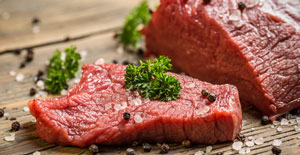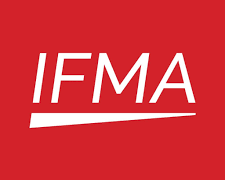Stricter border policing in China as a consequence of African swine fever (ASF) is restricting the unofficial meat trade, with flow-on effects being felt in other countries, according to the RaboResearch Beef Quarterly Q1 2019 report recently issued by Utrecht, Holland-headquartered Rabobank.

Following the outbreak of ASF in August of 2018, the Beijing government strengthened border controls. Rabobank believes the increased enforcement measures have led to the sharp decline in the volume of trade through unofficial channels in Q4 2018.
Increased Chinese border enforcement has slowed unofficial bovine trade from Hong Kong and Vietnam. Subsequently, Vietnamese imports of Indian carabeef in Q4 2018 were down 60% year-on-year at 120,370 tons, and in turn Indian buffalo prices have dropped. But this could easily be reversed.
 Angus Gidley-BairdIn reviewing the impact of widespread ASF across China, Angus Gidley-Baird, Rabobank’s senior analyst for animal protein commented: “Despite pork consumption dropping, we estimate that production drops will be deeper, leaving a supply gap of some 1 million to 2 million tons for 2019. This will be partially filled by other meats, including poultry, beef, sheep and seafood. Due to the size of the pork market in China, additional imports and meat substitution cannot make up for the decline in pork production, and we expect all meat prices to rise in Q2 of 2019.”
Angus Gidley-BairdIn reviewing the impact of widespread ASF across China, Angus Gidley-Baird, Rabobank’s senior analyst for animal protein commented: “Despite pork consumption dropping, we estimate that production drops will be deeper, leaving a supply gap of some 1 million to 2 million tons for 2019. This will be partially filled by other meats, including poultry, beef, sheep and seafood. Due to the size of the pork market in China, additional imports and meat substitution cannot make up for the decline in pork production, and we expect all meat prices to rise in Q2 of 2019.”
The report detailed a number of other developments affecting the market, as briefly described below.
USDA Decision on FLTB
In December, the United States Department of Agriculture (USDA) reclassified Beef Products Incorporated Lean Fine Textured Beef (LFTB) to now meet the definition of ground beef. This means it can be incorporated into lean beef without separately disclosing the action. This reclassification provides opportunities for better use of fattier grades of trim and will influence the demand for leaner trim, according to the Rabobank research team.
Brexit
Brexit presents a potentially significant disruption in Europe, as the United Kingdom is a big importer of beef from the EU’s 27 member states. Rabobank’s view is that UK beef imports will change little, if at all, during 2019. However, a no-deal departure of Britain from the European Union will bring changes over time as beef exporters compete to access the relatively high-value UK market, with intra-EU trade flows potentially disrupted as a result.
Floods in Australia
Approximately 13 million hectares of cattle country in northern Australia were impacted by floods in early February. Large numbers of stock have been killed, and while it will be some time before the actual numbers of animals affected can be determined it is estimated that the area that received heavy rains contained about 1 million head of cattle.
Price Index Up
Meanwhile, Rabobank’s Seven-Nation Cattle Price Index strengthened in late 2018. This was fueled by rising prices in the US, Brazil, and to a lesser extent Argentina and Australia.





